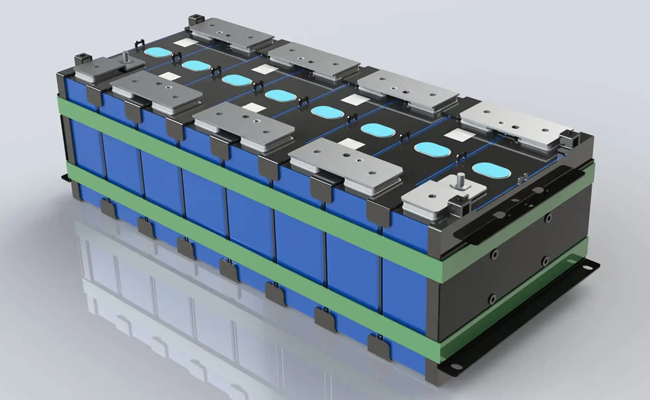Battery packs based on lithium-ion (Li-ion) cells are used in a wide range of applications, such as hybrid electric vehicles (HEVs), electric vehicles (EVs), renewable energy storage for future use, and grid energy storage for a variety of purposes (grid stabilization, peaking, time-shifting of renewable energy, etc.) In these applications it is important to measure the state-of-charge (SOC) of the battery cell, defined as the available capacity (in Ah) expressed as a percentage of the rated capacity. In these applications, it is important to measure the state of charge (SOC) of the battery cell, defined as the available capacity (in Ah) expressed as a percentage of the rated capacity.The SOC parameter can be viewed as a thermodynamic quantity with which the potential electrical energy of the battery can be evaluated. It is also important to estimate the state of operation (SOH) of the battery; SOH measures the battery’s ability to store and deliver electrical energy using a new battery as a standard of comparison.ADI’s power control processor, the ADSP-CM419, is an exemplary processor for handling the battery charging techniques discussed in this paper.
This paper examines the algorithms used for Coulomb count-based SOC and SOH estimation. The paper defines the technical environmental requirements for Coulomb counting and outlines the methods for estimating the SOC and SOH parameters, specifically the Coulomb counting method, the voltage method, and the Kalman filter method. A variety of commercial solutions for SOC and SOH estimation are also presented. In addition, this paper details the best-in-class SOC and SOH estimation algorithms, specifically the enhanced Coulomb counting algorithm, the generalized SOC algorithm, and the extended Kalman filter algorithm. Finally, the evaluation procedure and the simulation results of the selected SOC and SOH algorithms are illustrated.









